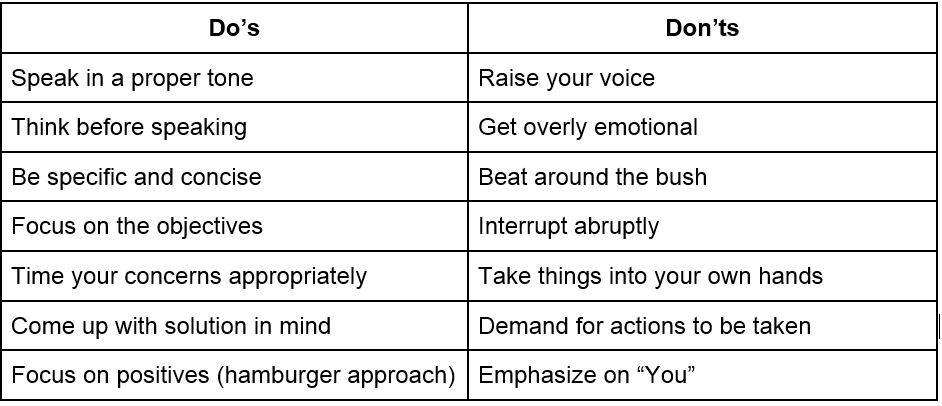- Introduction
The current context marked by globalization, and the increasing recognition of interrelations has imposed new rules of conduct: the prosperity of nations is based on the competitiveness of international markets, and that of enterprises, on the integration in the worldwide value chains (Ioncica, Tala, Brindusoiu, & Ioncica, 2007)
Due to the wave of growth in the hospitality industry, business travel has reached almost $1.2 trillion around the world in 2015 and is projected to continue through 2017. This portrays a tough competition with the rise of new brands and new hospitality concepts emerging. (Harkey, 2017) Therefore, working in a hospitality such as hotel is becoming intense and competitive.Due to such stiff competition in the industry, it is important for hoteliers to retain their employees. Thus, this report explores how different individuals, specifically in the context of The Ritz Carlton Millennia Singapore, can create a better working environment through taking initiatives, and leading outside their scope of their authority (Manion, J. 2012).
- Problem Identification
In the Ritz Carlton, likewise in many other hotel organization, not all leaders who have authority make the right decisions all the time and in fact, those with great ideas might not even be the leaders. This raises opportunities for different individuals to lead without a leadership role. Therefore, this study aims to explore how employees should bring forth themselves when voicing out to an authority.
In every workplace, there is bound to be some form of seniority, or a hierarchy. As such, people tend to avoid contributing or initiating during times when not given a leadership role, some to the extent of just doing what is told.
- Objective of Study
Through exploring this topic, it would allow associates to understand what some of the dos and don’ts when they wish to speak to someone of higher authority. Additionally, it aims to bring out the confidence in each associate, allowing them to initiate and speak up to their superiors (Cohen, A. R., & Bradford, D. L. 2005).
- Potential Solutions
To better illustrate the solution, one must first understand the problem statement. Following which, listing out certain dos & don’ts on how to approach the issue of employees not being initiative to express their opinion due to lack of authority. The following table would illustrate the different Do’s and Don’ts for the situation:

- Research Methods
For the primary research, an interview was conducted at The Ritz Carlton Millennia Singapore. The objective of this research aimed to collect opinions from Ritz Carlton’s staff to understand the problem better.
The interviewees were:
- Mr Gangatheran Kunjiraman, Manager on Duty at the Ritz Carlton Millennia Singapore. Mr Gangatheran have been in The Ritz Carlton for over 20 years, and was promoted to the Manager on Duty since January 2010.
- Ms Felicia Ho, front desk officer at The Ritz Carlton Millennia Singapore. Ms Felicia is a young polytechnic graduate who had just joined the company last year.
For the secondary research, the research was based on the context of a hotel, about how an associate should portray themselves when they are about to approach and speak to their management. Journal articles, research articles and educational websites were explored as well amid the secondary research.
- Benefits
- 6.1. Initiative to speak
6.2. Sense of Community
By taking initiative to speak up to anyone in the company regardless of authority or position, this would help increase the communication between frontline employees and the management. In addition, associates would feel inclusive within the company, narrowing the gap between the associates and the management. Thus, allowing associate to have a sense of belonging, as they would feel that they are part of the changes within the hotel.
6.3. Lower Turnover Rate
With employee involvement in hotel changes or development, employees tend to experience job satisfaction in the organization. Therefore, greater job satisfaction would lead to lower employee turnover rate, which greatly benefits the hotel.
- Concluding Thoughts
8. References
Cohen, A. R., & Bradford, D. L. (2005). Influence without authority. The Leadership Quarterly, (Vol. 2).Goode, T. D., Crossbear, S., Mccullough, M., Wiler, N., & Graybill, E. (2016). Understanding Your Role with and Without Formal Authority, 1–15.
Harkey. (2017, March 03). Great Expectations: How Changing Consumer Expectations Are Impacting the Hospitality Industry.
Ioncica, M., Tala, M., Brindusoiu, C., & Ioncica, D. (2007). The Factors of Competitiveness in the Hospitality Industry and The Competitive Strategy of Firms, (6), 213–218.
Jose, V. (2015). Hospitality Industry with focus on Hotel in the state of Kerala. [online] pp.11 12.
Manion, J. (2012). Building a Healthy Workplace? Start with the Foundation of. Med-Surge Matters, 21(2), 4–6.
Weaver, P., & Guandique, R. (2012). Leadership without authority. PM Network, 26(3), 20–22.






0 comments :
Post a Comment